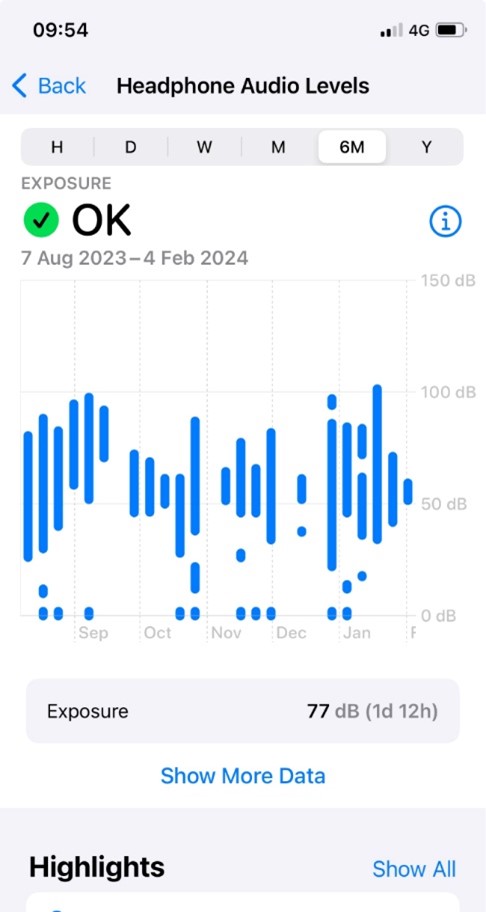An Audiologist’s Guide to Protecting Your Hearing
We often don’t think about our hearing and how our surroundings could damage our hearing. Sometimes, hearing protection can be overlooked, leading to irreparable damage resulting in noise-induced hearing loss.
Why do we need hearing protection?
We must protect our ears and hearing in environments exposed to loud noises. If you work in an environment with a high decibel level, the delicate hair cells that enable us to hear can be damaged. Once damaged, we can experience hearing loss over time.
Examples of high-decibel environments or professions:
- Construction - Heavy machinery, drills, and power tools can exceed the recommended decibel level.
- Manufacturing and factory workers - Factory floors and assembly lines can produce high decibel levels.
- Airline staff - Airline maintenance workers, baggage handlers, or ground staff may be exposed to prolonged decibel noises.
- Agriculture – Agriculture workers and farmers can be exposed to excessive noise due to loud machinery such as tractors, combine harvesters, and milking parlours.
- Motorcycle mechanics and couriers - Constant exposure to loud engine noises.
- Musician – Musicians can sometimes be exposed to decibel levels above 110 dB.
- Military/Armed forces – Exposure to firearms can exceed 120 dB; ear protection should always be used.
- Landscape Gardeners – Consistent exposure to lawnmowers, chainsaws, strimmer’s, and power tools can affect your hearing in the long term.
Protecting your hearing at home:
- Small changes to your everyday routines can help protect your hearing by lowering the volume on your headphones.
- If you use an iPhone and have headphones connected, your iPhone will notify you and warn you about your current volume.
- Furthermore, opening the Health App lets you view your audio levels over time. This can give you an indication of the volume of your headphones over time.
(Screenshot below)
Choosing ear protection:
Ear Muffs – Manufacturers, including 3M, Portwest, Festool, and Hellberg, specialize in providing ear protection. Ear Muffs offer high protection levels, easily fitting and enclosing the ear. Several protection levels vary depending on price.
Ear Plugs – are designed to fit directly into the ear and offer a very high level of protection, depending on your environment or occupation. They are very popular on factory floors as they are disposable, easy to store, and light to wear. Depending on their occupation or task, we always advise people to take necessary measures to protect their hearing.
Key takeaways:
- Ensure your hearing protection offers enough protection for the task at hand.
- Ensure you use ear protection in noisy environments or for a noisy task.
- Consider garments that might hamper your ear protection – (woolly hats, hard hats, dust masks, or eye protection).





